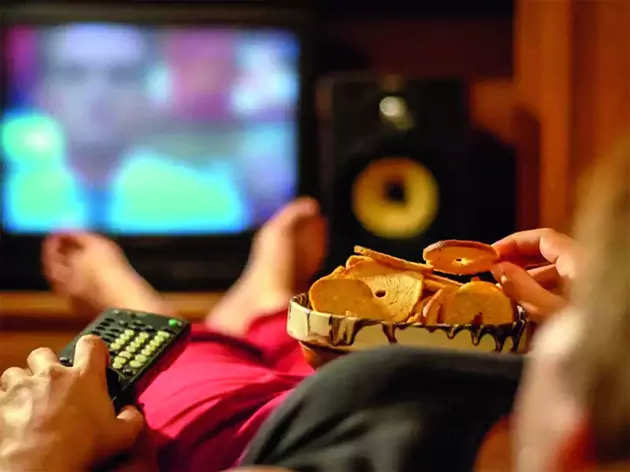The IBDF, which represents top broadcasters like Disney Star, Zee, Sony, and Viacom18, proposed that the programme code and advertisement code should be included in the draft bill for consultation, while the MIB suggested that they be prescribed later.
The IBDF argued that clubbing linear TV with OTT would constitute ‘reverse discrimination’ and violate Article 14 of the constitution, as unequals cannot be treated equally.
The draft broadcast bill, released by the MIB on November 10 last year, aims to replace the three-decade-old Cable Television Networks Regulation Act of 1995.
It proposes broadening the scope of broadcasting to include both broadcast content and broadcast distribution systems, including OTT.
The bill was put up for public consultation, with the last date for comments being January 15, which was informally extended to January 26.The IBDF further stated that the prescription to set up a Content Evaluation Committee (CEC) would result in censoring content on broadcasting platforms, thereby curtailing the freedom of speech and expression of the broadcasters.The draft bill proposes the formation of content evaluation committees (CECs) as part of its three-tier regulatory structure for regulating content. Only shows approved by the CEC can be aired on TV channels and OTT platforms.
The committee would be made up of notable personalities from various socioeconomic groups, including women, child welfare, scheduled castes, scheduled tribes, and minorities. The central government may specify the number of panel members, the requisite quorum, and other details to facilitate the CEC’s establishment and operation.
The foundation further stated that the provision for the formation of the Broadcast Advisory Council (BAC) not only undermines the goal of self-regulation but also raises concerns about the independent functioning of its members.
The BAC would be the third level of the three-tier regulatory structure, with one chairperson, five government-nominated ex-officio members from five ministries, and five independent members appointed by the government.
The IBDF also stated that the existence of multiple rating agencies may result in conflict of data and therefore the present system of having a single industry-led body should be allowed to continue. Currently, the industry-backed Broadcast Audience Research Council (BARC) is the sole TV viewership measurement body in the country.
It also told the MIB that the imposition of excessive penalties would discourage content creators from freely expressing their ideas, thereby stifling free speech.
According to the IBDF, the lack of sufficient guidelines in the draft bill concerning rule-making power suffers from the vice of excessive delegation. It noted that the central government has been granted rule-making power in 65 instances in the bill.
(You can now subscribe to our Economic Times WhatsApp channel)


